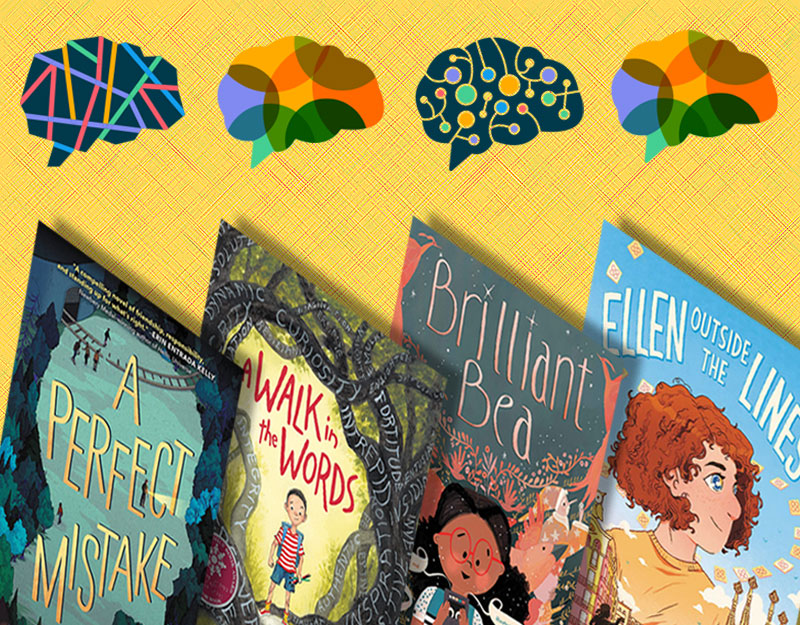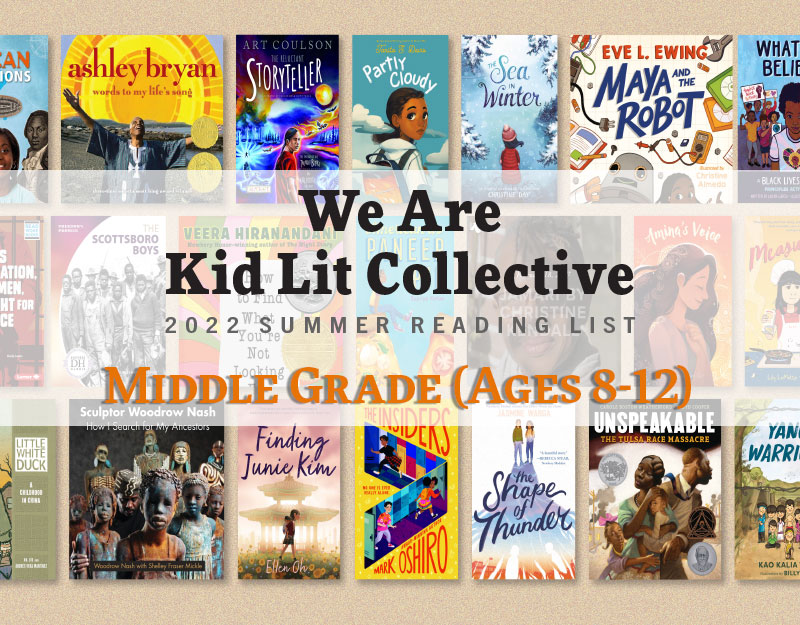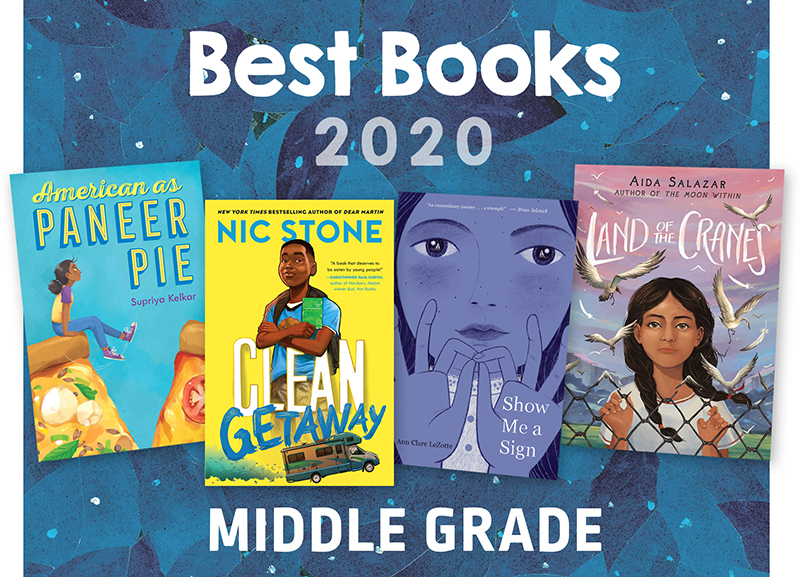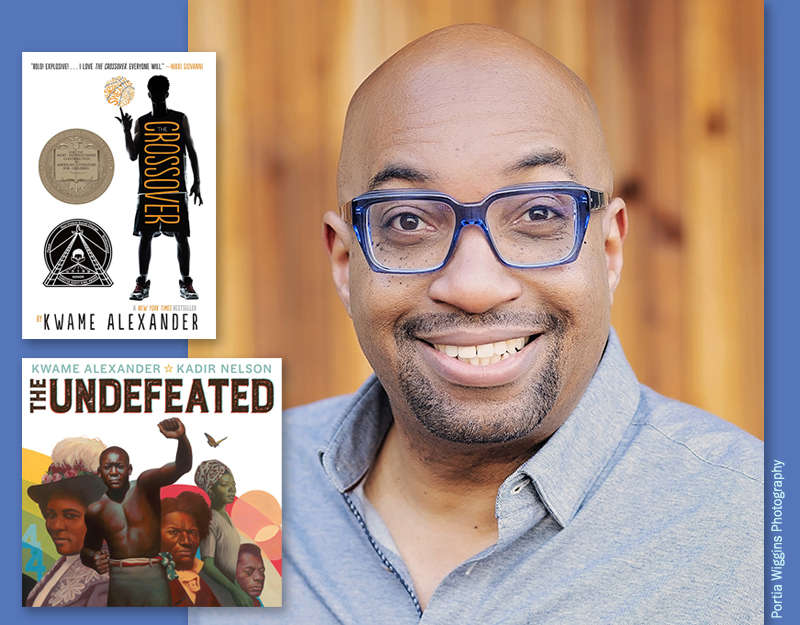“Who do you think you are?” a guest post by Monica Gomez-Hira
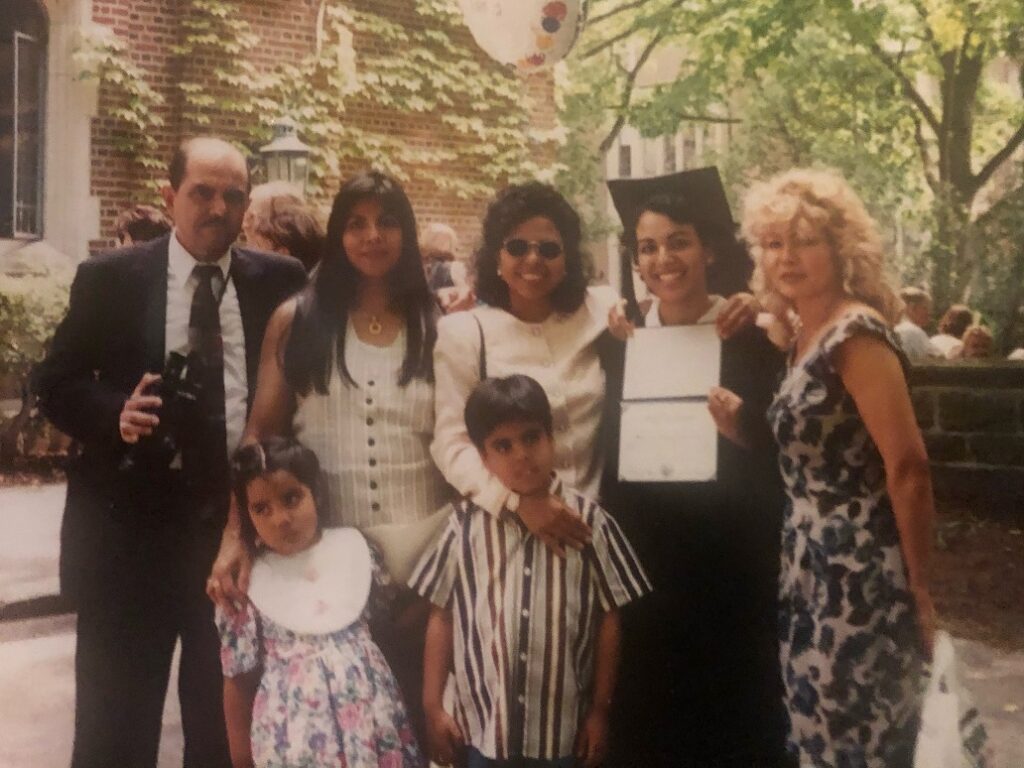
Growing up, I could not leave my house without my keys, my wallet, and the elaborate blessings by Mami gave me to protect me from el ojo malo—the evil eye. When I was younger and fidgeting while she drew the sign of the Cross on my forehead before I left for school, I took the idea of the eye literally. It would be something like the Eye of Sauron, spanning the horizon until it landed on me and burnt me to cinders.
It wasn’t until I was older that I understood that the evil eye was actually not our main problem. The evil eye was supposed to be caused by those green with envy, people wanting your possessions, your relationships, your life. But…it seemed presumptuous to even think that about us. We were a working class Latinx family in an area full of them. I couldn’t see that we had anything particularly special.
ADVERTISEMENT
ADVERTISEMENT
No. The real problem we always had was way more common. The evil tongue, the whispers that would follow anyone who strayed from the narrow path of whatever was acceptable. The thing was, unlike the evil eye, the evil tongue was often presented as a positive thing; your community caring enough about you to make sure you watched your step, because if any of us messed up, we might not get another chance to fix it.
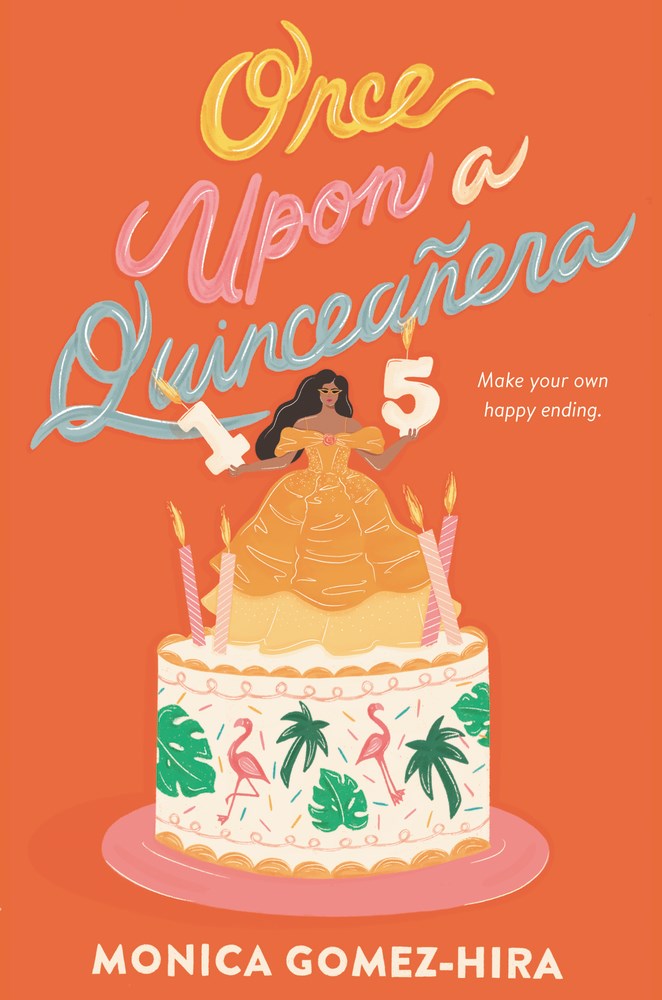
This was doubly true for me as a young Latina. Like my main character, Carmen, I was acutely aware of the assumptions that people made about me, both positive and negative. Sometimes it felt like I only existed within other people’s visions of me. I mean—I tried to do everything right, followed all the rules. I was a Good Catholic Girl, an honor student who was bound for college on scholarships—but I was also surrounded and fascinated by the girls who weren’t. Girls who talked back to teachers, who wore rings of eyeliner and Spandex bandage dresses (two things I favored as well, but only when I was safely out of Mami’s line of sight.) Girls with wild hair who welcomed the catcalls from boys and even men. (Even back then, I wondered why we never seemed to blame said boys or men for any of this.)
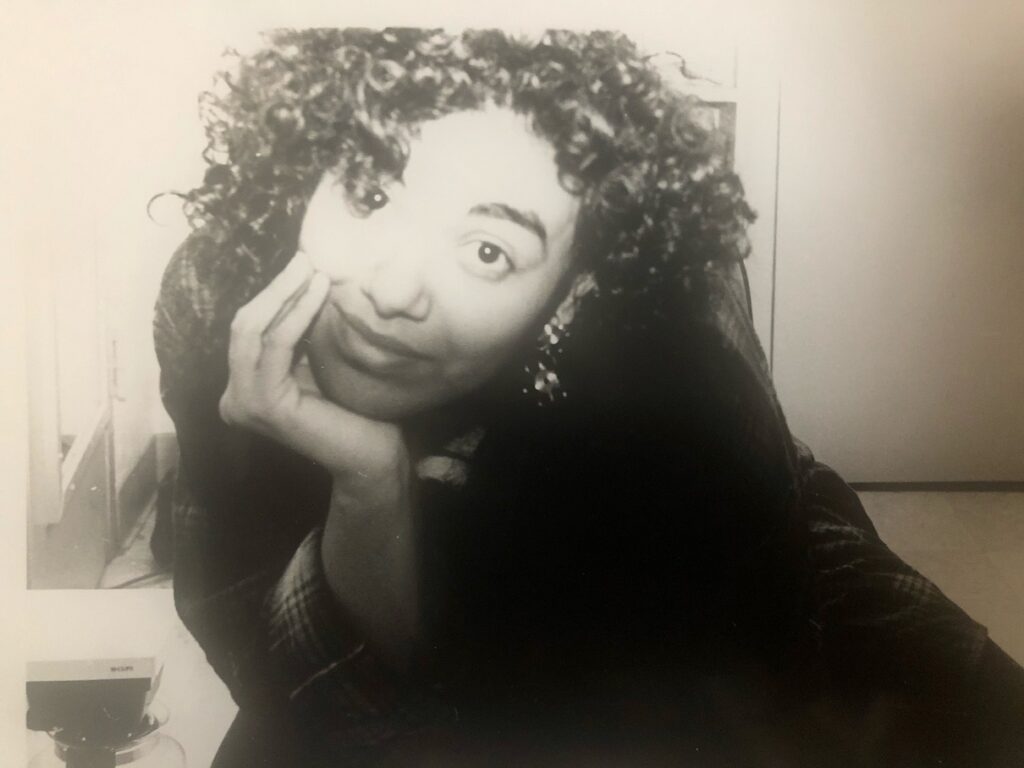
Part of the reason I wrote Once Upon a Quinceañera was to celebrate girls like this—the girls who weren’t like me, desperate for everyone’s approval. Because when I was younger, I believed the stoic wall they presented to the world. And just like so many people around me, my ideas about them were only the surface of the story.
For Carmen, the only way to get herself through the negative assumptions is to pretend she doesn’t care. She walks through the world daring anyone to tell her what they think to her face. She doesn’t care, because she already knows. She knows that a lot of people don’t expect someone like her to go to college, or to have an actual career. She takes comfort in her summer job playing Belle from Beauty and the Beast. It’s one of the first times that she feels worthy of admiration, even as she acknowledges that the praise and love are for the role she is portraying instead of for herself.
Still, it feels good.
Unfortunately for Carmen, there is a voice that is louder than the happy shrieks of party going children. The one inside her own brain, hissing the negative stereotypes and comments that we’ve all internalized. Sometimes, those comments come from the people with good intentions—some of whom love us the most. Carmen feels like she’s fated to make the same mistakes that her parents did—an angry explosion of love that created her and ruined them. It’s difficult for her to see them as something bigger than their mistakes.
Despite Mami’s incantations and protections, there really isn’t anyway to protect yourself from the world’s assumptions. People are going to think, and occasionally say, whatever they want, and that’s not going to change. In the book, Carmen tries various strategies, from ignoring the speakers to pushing them to further exaggerations so that she could agree with them and show how little it hurt her.
None of that helped at all.
The way that Carmen finally moved past her locked in beliefs about herself and other people was to allow for the fact that, well, people are complicated, and nothing is the sum totality of what they are. Not a bad history, not a terrible mistake, not a slip off the narrow path to success, not living down to everyone’s worst opinion of you.
This is hard. And for a part of the book, Carmen retreated behind her negative history like a shield. Sure, it didn’t make her happy, but it kept her safe. Or so she thought.
The price of this safety was high. A betrayal of her own ambitions. An inability to risk.
I know Carmen’s dilemma well. It’s always easier to agree with the voice that asks, “who do you think you are?” when you do anything. That voice was my constant companion while I wrote this book. Honestly, it still is.
It’s hard for Carmen to admit what she really wants in Once Upon a Quinceañera. To risk being told, yet again, “Who do you think you are?” It would have been easier for her to hide behind the role of Belle forever, or worse, to hide in the idea that she’s doomed because of where she comes from, and who she’s afraid she really is.
But ultimately, the only way she can create her own happily ever after is to face down the negative external voices, and more importantly, the negative internal voice, by daring to say “I’m here. I belong. And I’m worthy.”
That’s the blessing I needed. In fact, it’s the evergreen blessing I always need as there is some new person to jeer “who do you think you are?” and so there is always the need to say “I am worthy” every time I leave the house.
Meet the author

ADVERTISEMENT
ADVERTISEMENT
Monica Gomez-Hira is the daughter of Colombian immigrant parents, the wife of an Indian immigrant, the mother of a half Latina/half Indian daughter, and the quintessential Jersey girl who loves her salsa as much as her Springsteen. After getting her BA in English at Wellesley College, Monica spent most of her professional life surrounded by books, and the people who love them. She began her career working for literary agencies, moved to publicity and editorial at Simon & Schuster and Random House, and most recently was a Children’s Lead at Barnes & Noble. She lives with her family in Minneapolis, MN. Once Upon a Quinceañera is her first novel.
About Once Upon a Quinceañera
Perfect for fans of Jenny Han and Jane the Virgin, this immediately accessible and irresistibly fun #ownvoices rom-com debut will spin readers into an unforgettable summer of late-night dancing, broken hearts, second chances, and telenovela twists.
Carmen Aguilar just wants to make her happily ever after come true. Except apparently “happily ever after” for Carmen involves being stuck in an unpaid summer internship. Now she has to perform as a party princess! In a ball gown. During the summer. In Miami.
Fine. Except that’s only the first misfortune in what’s turning out to a summer of Utter Disaster.
But if Carmen can manage dancing in the blistering heat, fending off an oh-so-unfortunately attractive ex, and stopping her spoiled cousin from ruining her own quinceañera—Carmen might just get that happily ever after—after all.
ISBN-13: 9780062996831
Publisher: HarperCollins Publishers
Publication date: 03/02/2021
Age Range: 13 – 17 Years
Filed under: Uncategorized
About Amanda MacGregor
Amanda MacGregor works in an elementary library, loves dogs, and can be found on Twitter @CiteSomething.
ADVERTISEMENT
ADVERTISEMENT
SLJ Blog Network
Name That LEGO Book Cover! (#53)
Cover Reveal and Q&A: The One and Only Googoosh with Azadeh Westergaard
K is in Trouble | Review
Fighting Public School Book Bans with the Civil Rights Act
ADVERTISEMENT



